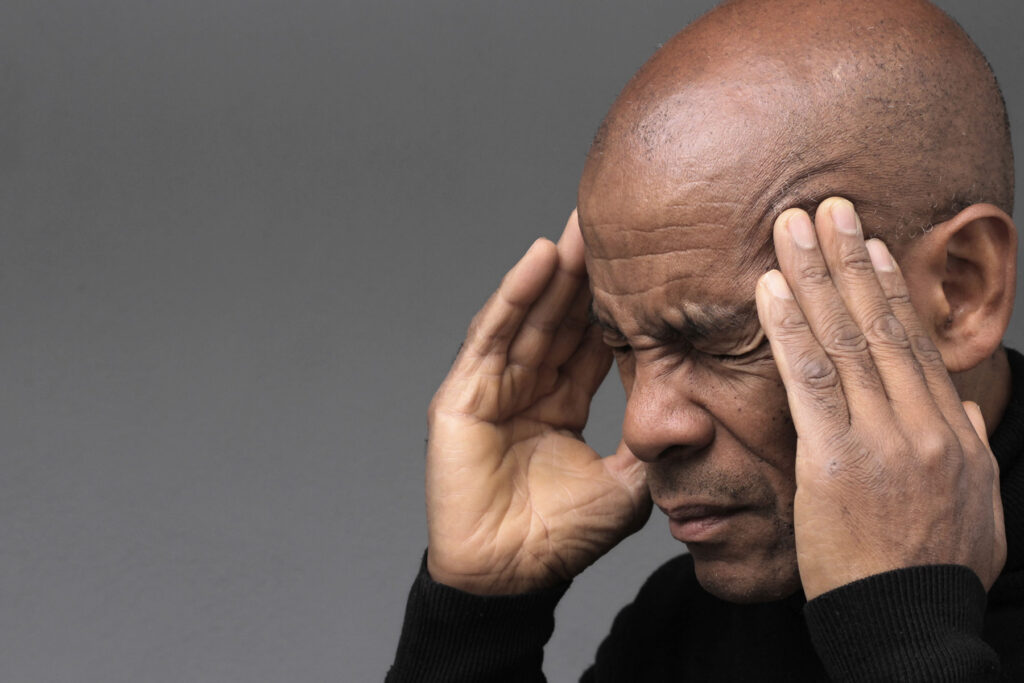If someone is showing signs of a cocaine overdose, seek professional help and call 911 immediately.
A cocaine overdose poses a risk to anyone using cocaine. This risk increases when combined with other substances, alcohol, or for those with mental health challenges. If you see someone showing signs of a cocaine overdose, calling 911 and seeking medical help can save their life.
Cocaine addiction treatment is available to help people recover from cocaine use and prevent future overdose situations. Woodland Recovery Center provides tailored cocaine addiction treatment programs that focus on addressing the root causes of addiction and fostering healthy coping mechanisms. Our compassionate and professional team understands the challenges of overcoming cocaine addiction and is dedicated to supporting individuals through their healing and recovery.
Call 662.222.2989 to find out if cocaine addiction treatment is the next step for you or someone you care about.
Why Does Cocaine Overdose Happen?
Cocaine is a potent central nervous system stimulant. It can have detrimental effects when consumed in excessive quantities or when combined with other substances like drugs or alcohol.
The risk of a cocaine overdose significantly increases, especially in people who have developed a tolerance due to prolonged cocaine use. Awareness of this substance’s potential dangers and long-term impact on a person’s health and well-being is crucial.
Recognizing Symptoms of Cocaine Overdose
An overdose of cocaine has physiological, psychological, and physical symptoms. The stages of overdose are:
Stage One
Cocaine overdose can cause something called acute cocaine toxicity. This speeds up the central nervous system, among other body areas. This usually is described in stages, with stage one symptoms including:
- Headache
- Nausea
- Rapid breathing
- Hallucinations (seeing and hearing things that aren’t there)
- Increased blood pressure
Stage Two
People in stage one could become dangerous as they may have frequent mood changes. Stage two symptoms can be more dangerous as the person can experience:
- Seizures
- Hypertension
- Rapid breathing
- High body temperature (hyperthermia)
Stage Three
The most dangerous form of this is the final stage, stage three, with symptoms including:
- Loss of vital functions
- Coma
- Heart attack
- Respiratory failure
A person’s life can be at risk in these situations, requiring medical attention and possibly permanent changes to the body and organs. The amount of cocaine needed for an overdose varies. While larger amounts (over 100 milligrams) increase overdose risk, even small amounts (up to 100 milligrams) can sometimes cause it.
Cocaine can be ingested in various ways, affecting how quickly its effects begin. Snorting is the most common method, while injection is also popular. Inhaling, or freebasing, is the most dangerous as it enters the bloodstream faster.
Symptoms of Crack Cocaine Overdose
Overdosing on crack cocaine is a possibility as well. Much like cocaine, someone can overdose on crack even if it is their first time taking it. Because of people who primarily smoke crack, addiction seems to develop more quickly. Along with the effects of cocaine, people can experience shortness of breath and bleeding in the lungs.
Crack cocaine overdose symptoms may include:
- Seizures
- Stroke
- Coughing up black blood
- Itchiness
Immediately call 911 if you believe someone is overdosing. The key to preventing overdoses is identifying symptoms quickly, taking them seriously, and seeking medical attention.
How to Respond to a Cocaine Overdose
If you are with someone who is overdosing on cocaine, do your best to stay calm. It’s normal to feel scared, but you will need to remain calm to help the person out. The first thing to do if a person is overdosing on cocaine is to dial 911. Currently, there are no medications that prevent cocaine overdose, but medical professionals will know what to do.
Stay on the phone with the 911 operator until someone comes to help, and do what the 911 operator says. You’ll want to turn the person on their side if they are having a seizure or throwing up. This will keep their airways clear. Remove immediate dangers as well. Remove sharp objects or heavy objects from high places that could hurt the victim. Remember that cocaine overdose is serious and can happen to anyone consuming the drug.
How Can Addiction Treatment Help Prevent Signs of Cocaine Overdose?
Addiction treatment plays a crucial role in preventing the signs of cocaine overdose by providing people with the tools and support needed to stop cocaine use. Treatment programs work by addressing both the physical and emotional aspects of addiction, helping individuals understand their triggers and how to manage them.
Here are some key ways addiction treatment can help:
- Education – Learning about the dangers of cocaine use and the risk factors for overdose
- Counseling – Offering professional guidance to explore the root causes of addiction
- Coping strategies – Developing healthier ways to deal with stress and other challenges without turning to substances
- Support groups – Connecting with others who are also recovering, which offers a sense of community and encouragement
- Medical supervision – Providing access to healthcare professionals who can monitor health and manage withdrawal symptoms safely
Through these methods, addiction treatment can significantly reduce the risk of overdose and support individuals in achieving and maintaining sobriety.
Woodland Recovery Center Is Here to Help
Cocaine overdose is a serious and potentially life-threatening situation. If you or someone you care about is struggling with cocaine addiction, seeking professional help is the first step towards a healthier and happier future. At Woodland Recovery Center, our team of professionals is dedicated to providing personalized and compassionate treatment for cocaine addiction.
Our evidence-based approach aims to address the underlying causes of addiction while promoting overall well-being. We understand that every person’s journey toward recovery is unique, and we tailor our programs to meet their specific needs. Don’t wait until it’s too late—call 662.222.2989 or contact us online today to start a path to recovery.



